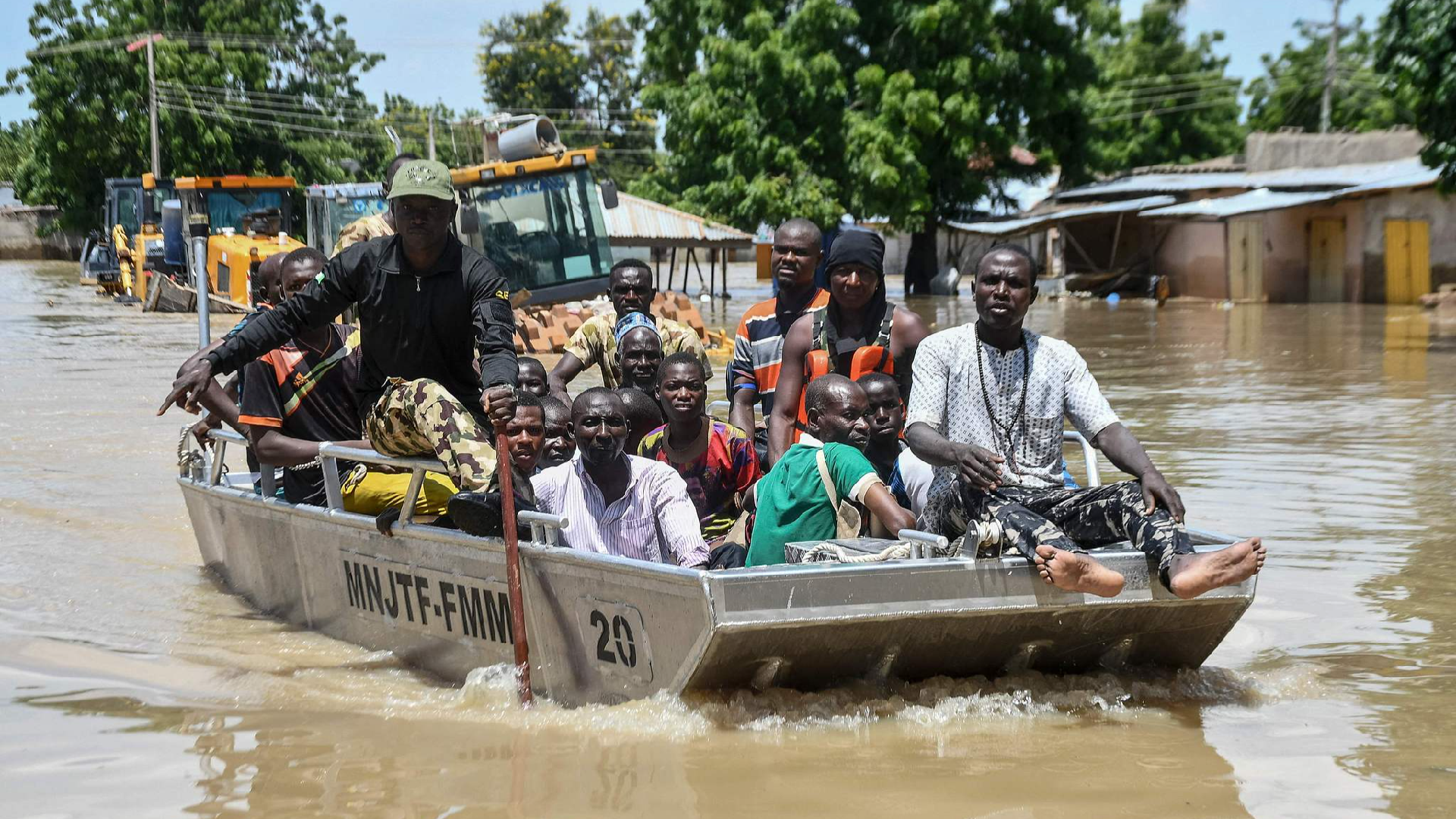UN reports over 5 million affected by floods in West, Central Africa
UN humanitarians reported on Thursday that over 5 million individuals across 16 countries in West and Central Africa have been affected by floods this year.

The situation has reached catastrophic levels in the region, particularly impacting Chad, Niger, and Nigeria, which together account for more than 80 percent of those affected, as reported by the UN Office for the Coordination of Humanitarian Affairs (OCHA).
The floods have resulted in over 1,000 fatalities and displaced at least 740,000 people. Furthermore, the disaster has damaged hundreds of thousands of homes, over 100 schools, and numerous health facilities, with nearly 500,000 acres of farmland also impacted.
OCHA emphasized that the floods pose a threat to the reopening of schools, as the new academic year is set to begin this month. The situation may further exacerbate existing food insecurity, particularly in Chad and Niger.
"The precarious living conditions of people affected by the floods also increase the risk of waterborne diseases, such as cholera, which is spreading in many regions of Niger and Nigeria," OCHA stated.
The office noted that while humanitarian partners are engaged and providing support, including food and health assistance, efforts are hampered by insufficient financial resources.
Acting Emergency Relief Coordinator Joyce Msuya has allocated $35 million from the UN Central Emergency Response Fund for flood relief efforts in Chad, Niger, Nigeria, the Democratic Republic of the Congo, and Congo. "But more money is needed," OCHA pointed out.
In addition, Msuya has set aside an extra $5 million from the Central Emergency Response Fund to enhance flood response in the Nigerian states of Borno and Bauchi in the northeast and Sokoto in the northwest.
These funds will enable humanitarian partners to assist 280,000 individuals in these states with food, clean water, sanitation, and shelter. They will also support efforts to quickly mobilize resources to improve healthcare access and address the prevention of cholera and other waterborne diseases, according to OCHA.
Mohamed Malick Fall, the humanitarian coordinator in Nigeria, remarked that the floods have resulted in "a crisis within a crisis," as millions were already grappling with critical levels of food insecurity prior to the flooding.
Ian Smith contributed to this report for TROIB News












